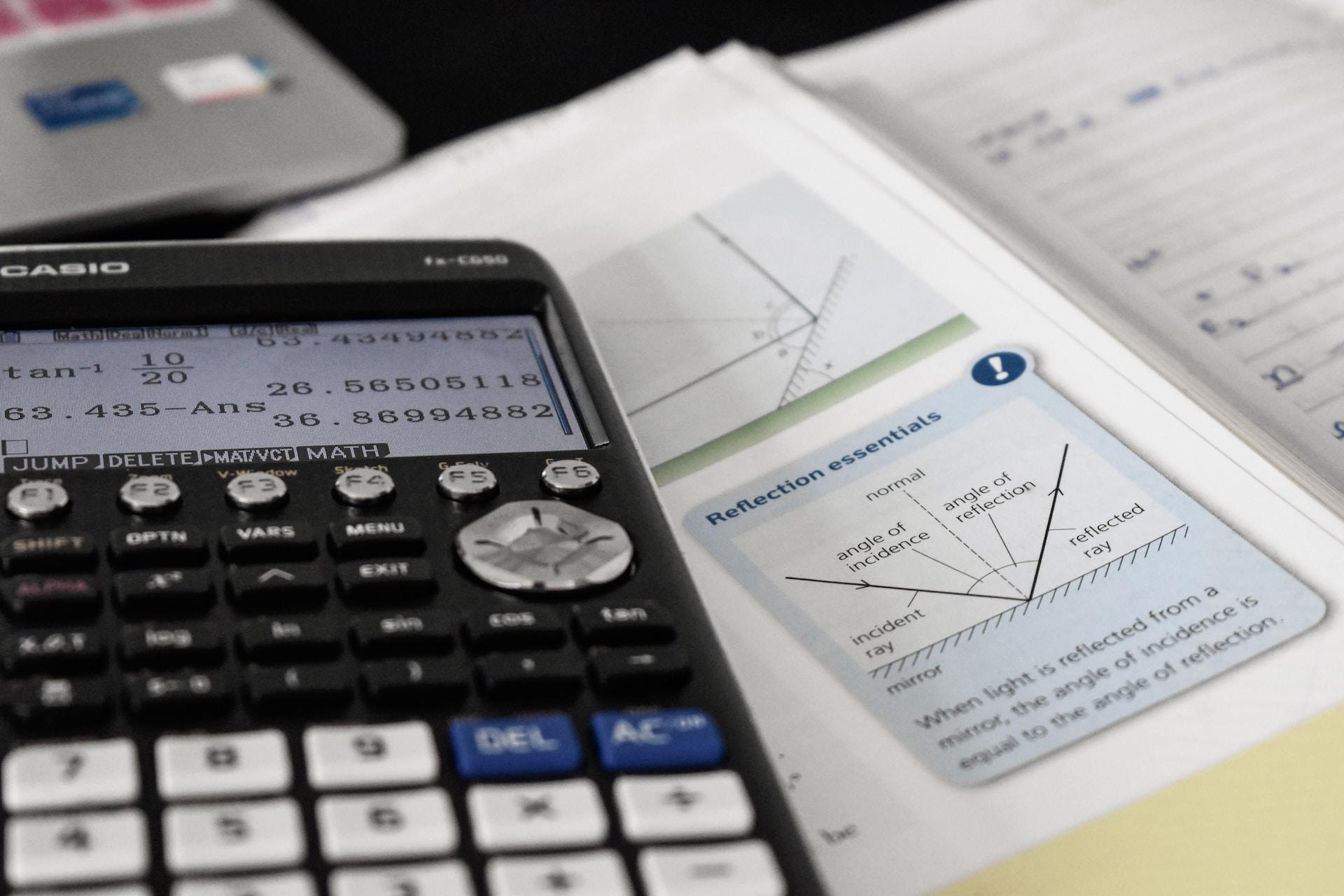Economics is a kind of social science that looks at how resources, goods, and services are produced, distributed, and consumed.
Since a lot of these actions are facilitated by money, economics is closely related to finance and money, but it's not necessarily solely about money.
If you're interested in becoming an economist and studying an economics degree at one of the best universities in New Zealand for economics, here's our quick guide to some of the subjects and topics you might cover as part of your course.
Across New Zealand, most economics degrees are quite flexible and students have many options for what they study, but here are some of the most commonly studied areas in alphabetical order.

Behavioural Economics
As the name suggests, behavioural economics looks at how people act. After all, people can be quite irrational and there are factors like biases, culture, and emotion that economists need to consider.
On an economics degree, you may study behavioural economics and the wonderfully fascinating way that humans behave, even when these behaviours aren't necessarily rational or logical.
Economics traditionally assumed that people were rational, but we understand now that there are lots of things outside of logical decision-making that need to be considered.
Development Economics
Development economics is the area of economics that looks at economic growth, poverty and inequality, human capital, institutions, foreign aid and trade, globalisation, and other factors that affect developing regions and countries.
Naturally, development economics studies the issues facing developing regions as well as ways to address the challenges that are specific to these kinds of regions.
Econometrics
Econometrics combines economics theory with maths and statistics. In econometrics, mathematical and statistical approaches are used to quantify and test economic phenomena.
Econometrics is often used to test economic theories and provides useful ways for economists to use maths to understand what they observe in real-world economics.
Students with an aptitude for maths may want to focus on or specialise in econometrics.
Environmental Economics
Environmental economics is the area of economics that focuses on how our economic activities affect the environment.
In environmental economics courses and classes, it's likely that you'd look at natural resources and how they're valued and allocated, the effects of pollution from economic activities, what happens when markets don't efficiently allocate resources, and how environmental policies affect economies.

Environment economics also focuses particularly on sustainable development and climate change economics including economic incentives for conservation.
Ethics
In almost every field of study, ethics plays an important role. Most economic degree programmes will include some amount of ethics and studying its relationship to economic activities.
Some of the ethical considerations in economics include fairness and equity, social justice, the aforementioned environmental economics, corporate social responsibility (CSR), economic research, decision-making, and behavioural ethics in economics.
In the past, a lot of economics education has come under criticism for focusing too much on the neoclassical model, but more universities are shifting to teach alternative economics and areas of economics that weren't often taught in the past.
Game Theory
Game Theory is the part of economics that's used to analyse economic situations using a mathematical framework.
It looks at strategic situations between rational decision-makers (the players) and is applied to areas of economics including oligopolies and monopolies, bargaining and negotiation, international trade, and environmental economics.
Industrial Organisation
Industrial organisation is the branch of economics interested in market structure, market conduct, market performance, barriers to entry, game theory, regulation, economies of scale and scope, vertical integration, and network effects.
It looks at industries, their structures, how they perform in certain markets, the decisions they make, and the effects of said decisions.

Labour Economics
In labour economics, students study the labour market, workers, and employers. This takes into account factors such as labour supply and demand, wages and compensation, human capital, unemployment, labour market discrimination, labour mobility, collective bargaining, and income inequality.
Labour economics is an important part of public policy, especially in terms of employment, social welfare, and economic development.
Law and Economics
In economics, the law and legal issues can play a huge role, especially when it comes to contract law, regulation, liability, property rights, and even environmental law.

With the flexibility afforded to most economics students in New Zealand, there are lots of options to combine economics and law.
International Trade and Finance
Economics students will likely learn quite a bit about how international trade works by studying international markets, trade policy, trade agreements, exchange rates, global capital markets, and WTO rules.
Macroeconomics
Macroeconomics looks at the big picture and the economy as a whole. In macroeconomics courses, students will likely cover topics like gross domestic product (GDP), unemployment, inflation, government fiscal policy, aggregate supply and demand, business cycles, income distribution, and public debt.
Macroeconomics is important for policymakers, businesses, and individuals as it can help give them an idea about the economy overall.
Mathematics and Statistics
Mathematics and statistics are fairly essential in economics and while there are ways to study economics while avoiding maths, it's not in any student's best interest.
However, depending on the kind of degree programme you're doing, the amount of maths will vary. Generally, Bachelor of Arts programmes have fewer mathematical and scientific courses and classes whereas the Bachelor of Science and Bachelor of Commerce may be more maths-heavy.

In economics, the kinds of mathematics and statistics you'll see and learn about will include estimation and interference, calculus, linear algebra, differential equations, descriptive statistics, regression analysis, and experimental design.
Microeconomics
While macroeconomics looks at the entire economy, microeconomics looks at economics in terms of individual actors or players.
While studying microeconomics, students may learn about supply and demand, elasticity, consumer choice, production and costs, competition, monopolies, market failures, game theory, welfare economics, and consumer and producer surplus.
Public Economics
Public economics focuses on the role the government plays in the economy. The main areas covered by public economics include taxation, government spending, welfare, regulation, and public budgeting.
Public economics is a large part of governmental financial decision-making and students that are interested in working in the public sector after graduating will likely want to take public economics courses and classes.
Get Help with Your Economics Degree
With so many areas to study from a range of different fields, you might need some help. Whether it's maths, public economics, law, statistics, or any other part of an economics degree, there are private tutors out there who can help you.
On the Superprof website, for example, tutors can help you with different aspects of economics.
There are tutors for all levels and budgets. All you have to do is search for the subject or skill you want to learn and you can browse the profiles of different tutors, see how much they charge, and read reviews left by their other students.

Face-to-face Tutoring
Since private tutors work one-on-one with their students, they can adapt each session to them, meaning you can enjoy sessions that focus on you and what you want to learn. This also allows tutors to tailor activities to their students so that they learn as effectively as possible.
Face-to-face tutoring is usually the most cost-effective way to learn new skills and study, but it also tends to be the most costly approach because you're paying for a premium service.
Online Tutoring
If you can't find any suitable local tutors, don't forget that you can learn with online tutors as long as you have a webcam and a decent internet connection. Online tutors are often more affordable than their face-to-face counterparts since they don't have to travel to their students and can usually schedule more sessions each week.
For academic subjects like economics, online tutoring can often be just as effective as face-to-face tutoring. While rugby coaching wouldn't work as well over Zoom, economics and study skills are great things to learn with an online tutor.
Group Tutoring
For students on a really tight budget, you may want to opt for group tutoring. While this means you won't necessarily get to enjoy sessions that are fully tailored to you, they are a good way to split the cost of a tutor's time and expertise with your classmates or other students interested in learning more about economics.
How Much Does Economics Tutoring Cost?
As you study economics, you'll reason there are a lot of factors that go into the cost of anything and tutoring is no different.
While the average cost of private economics tutoring on the Superprof site is around $36, you'll see that more experienced tutors tend to charge more.
Supply and demand also play an important role in the cost of tutoring and in areas with a lot of students but very few tutors, you'll likely find that they cost more.
Conversely, in areas with lots of tutors, there's more competition and you should be able to find a suitable tutor charging very competitive rates.
On the Superprof site, a lot of the tutors offer their first session for free so you can try a few potential tutors out before choosing the one that's right for you, what you want to learn, and the kinds of economics jobs you're interested in doing.
Summarise with AI:















